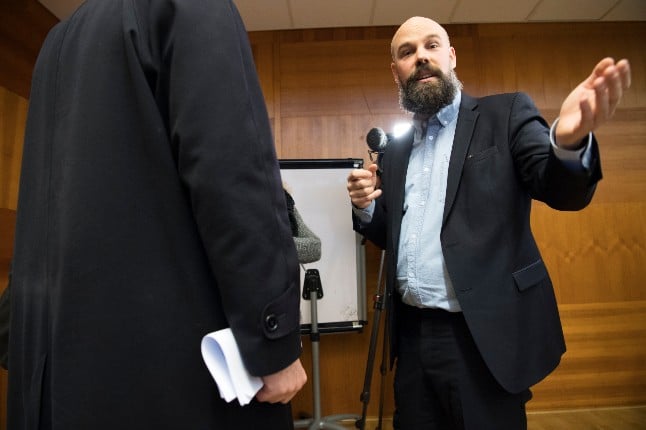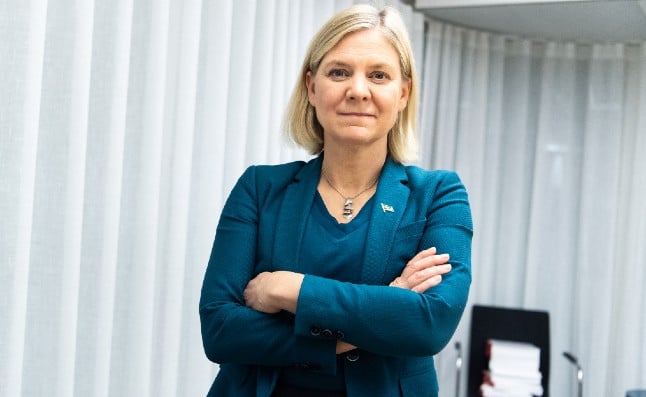In 2016, France spent €714.5 billion on social welfare which represents 32.1 percent of the country's GDP compared to an average of 27.5 percent for the rest of the European Union.
- 'A collective denial': Why are France's elderly treated so badly?
- How your healthcare cover is set to change in France
 Photo: AFP
Photo: AFP
 Photo: AFP
Photo: AFP



 Please whitelist us to continue reading.
Please whitelist us to continue reading.
Member comments